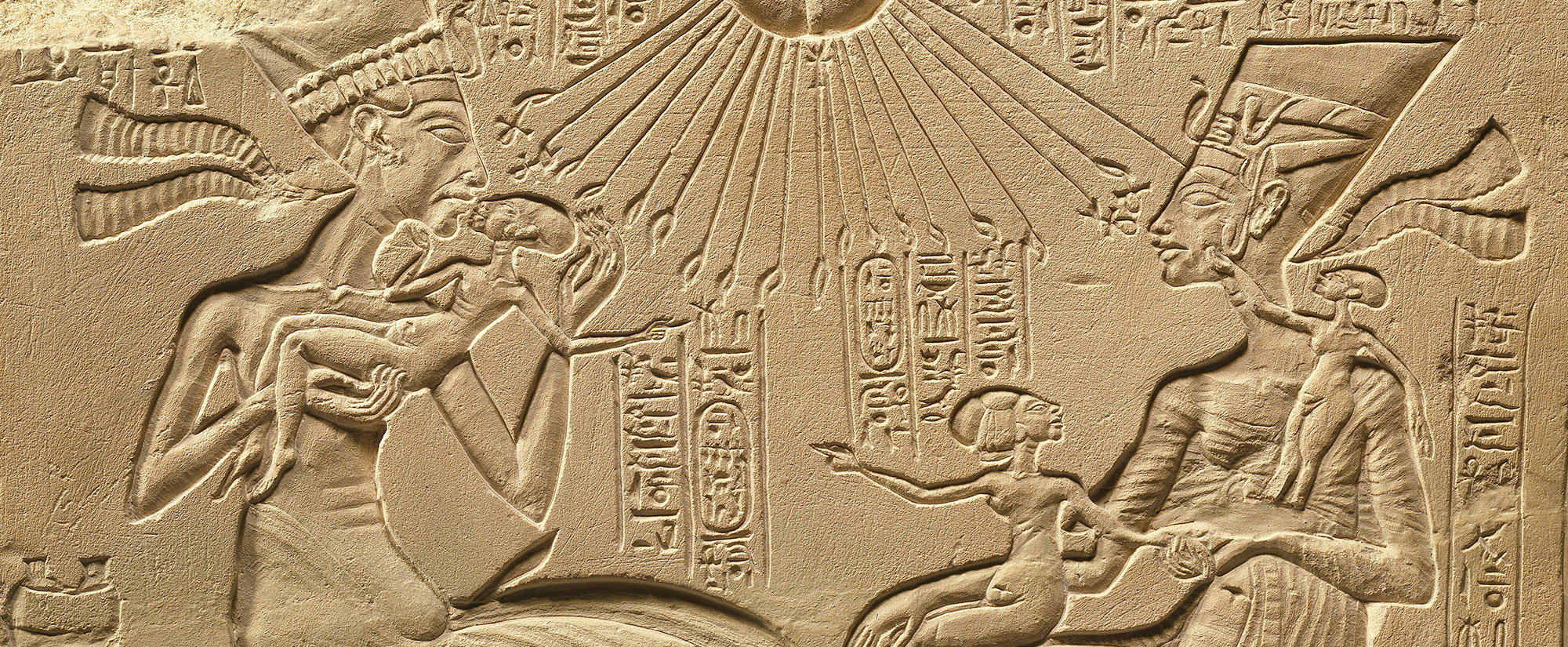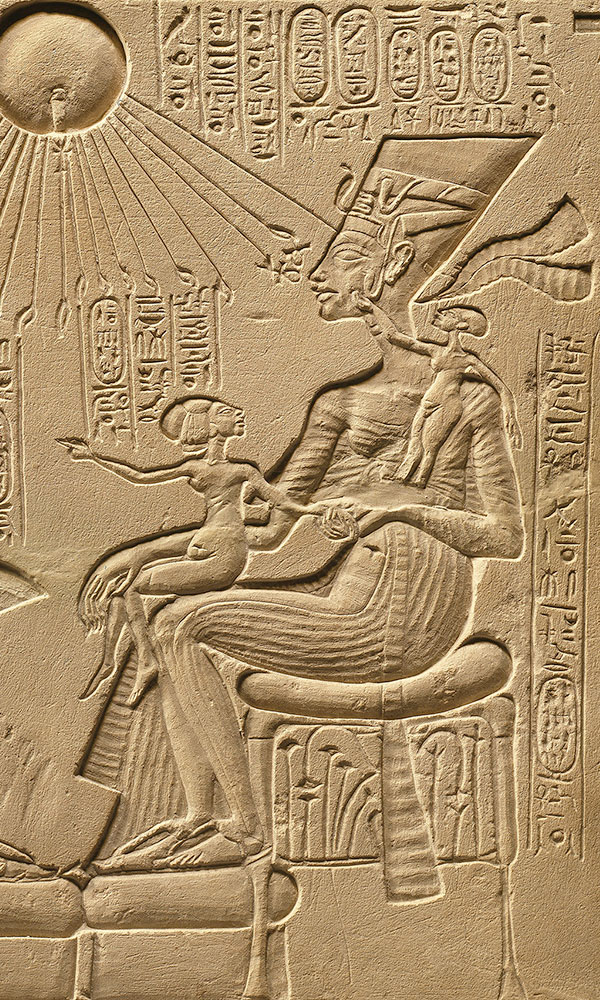STONY BROOK, NEW YORK—The invention of the bow and arrow triggered the growth of increased levels of social complexity wherever it was adopted, according to biologists Paul Bingham and Joanne Souza of Stony Brook University. They argue that the technological revolution of the bow and arrow gave social groups a safe and effective way to coerce uncooperative individuals into compliance, or to encourage them to leave. A review of archaeological data in North America by John Blitz and Eric Porth of the University of Alabama supports this “social-coercion hypothesis.” They say the invention of the bow made hunters and warriors more efficient, and eventually led to population increases and the metropolises of the Mississippian era.
How Bow & Arrow Technology Changed the World
News August 6, 2013
Recommended Articles
Off the Grid January/February 2026
Prophetstown, Indiana

Letter from France January/February 2026
Neolithic Cultural Revolution
How farmers came together to build Europe’s most grandiose funerary monuments some 7,000 years ago
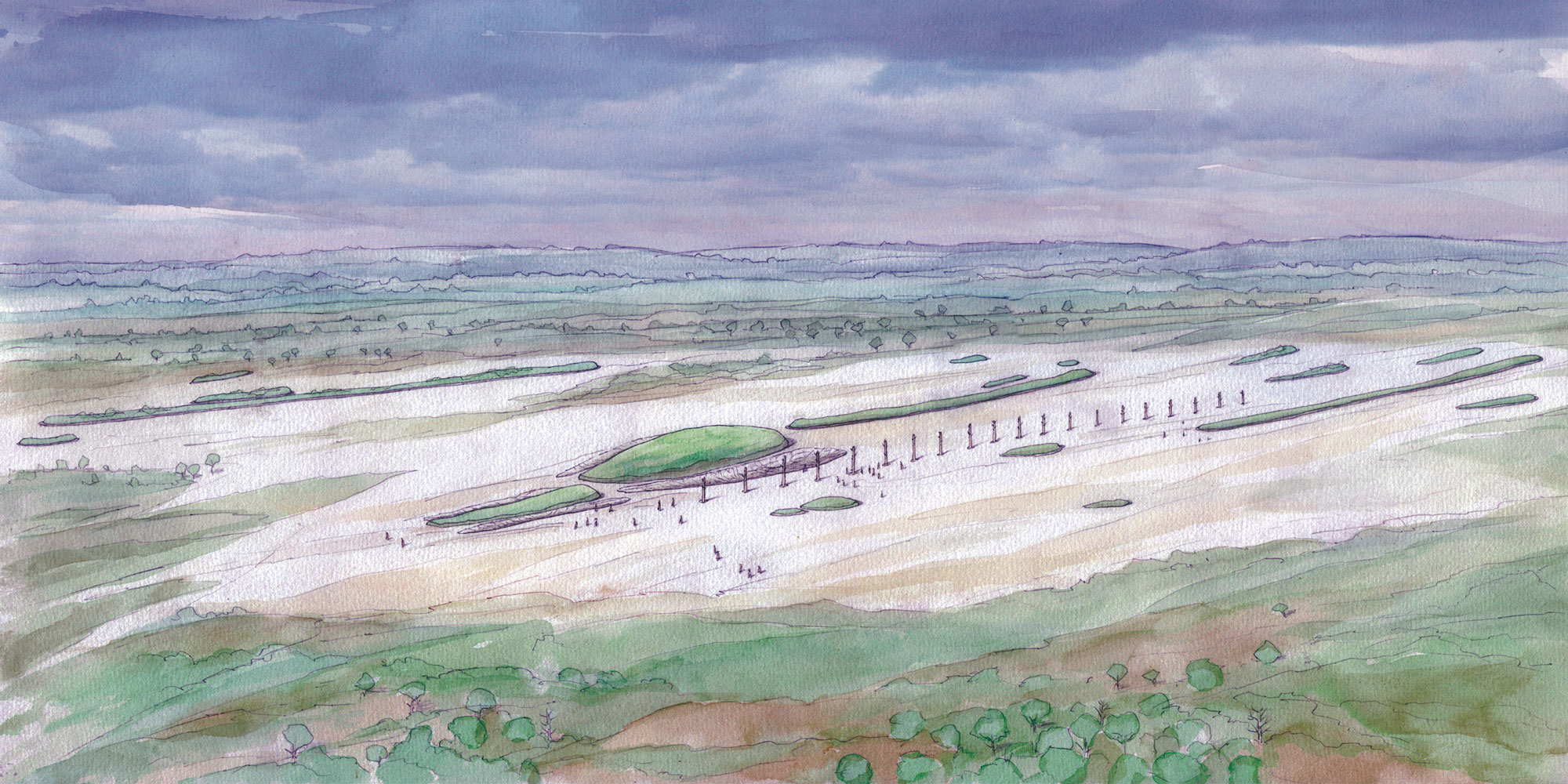
Features January/February 2026
The Cost of Doing Business
Piecing together the Roman empire’s longest known inscription—a peculiarly precise inventory of prices

Features January/February 2026
The Birds of Amarna
An Egyptian princess seeks sanctuary in her private palace

-
Features July/August 2013
The First Vikings
Two remarkable ships may show that the Viking storm was brewing long before their assault on England and the continent
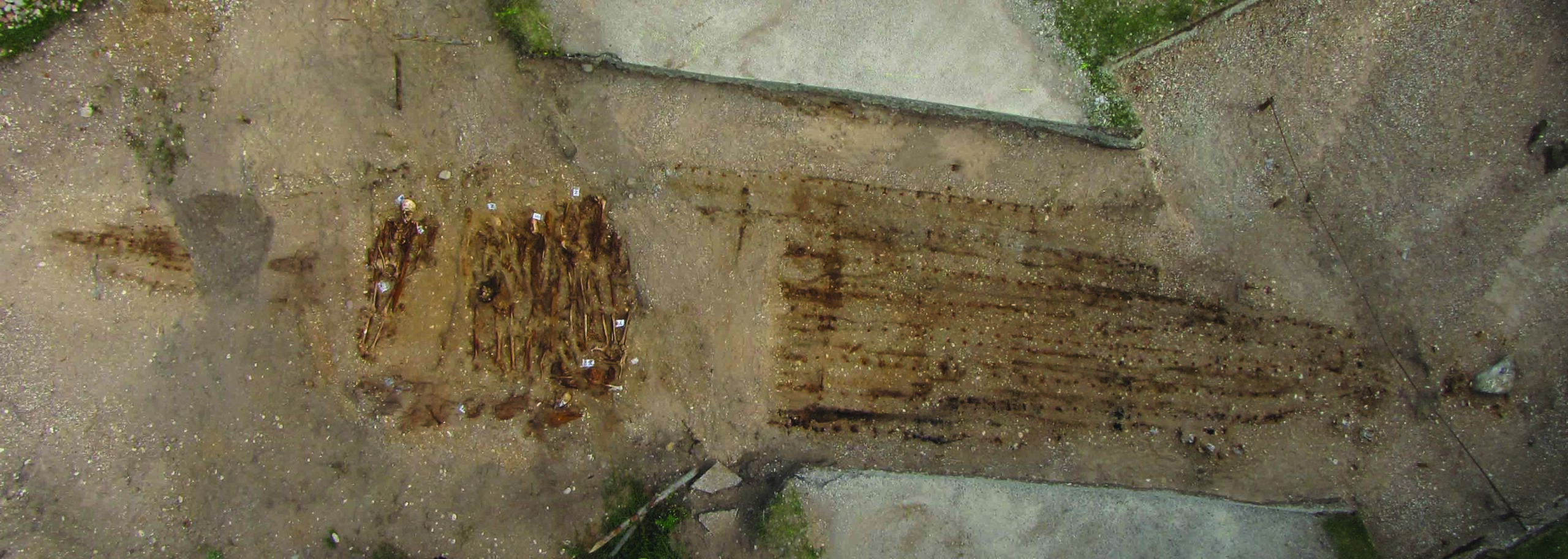 Courtesy Liina Maldre, University of Tallinn
Courtesy Liina Maldre, University of Tallinn -
Features July/August 2013
Miniature Pyramids of Sudan
Archaeologists excavating on the banks of the Nile have uncovered a necropolis where hundreds of small pyramids once stood
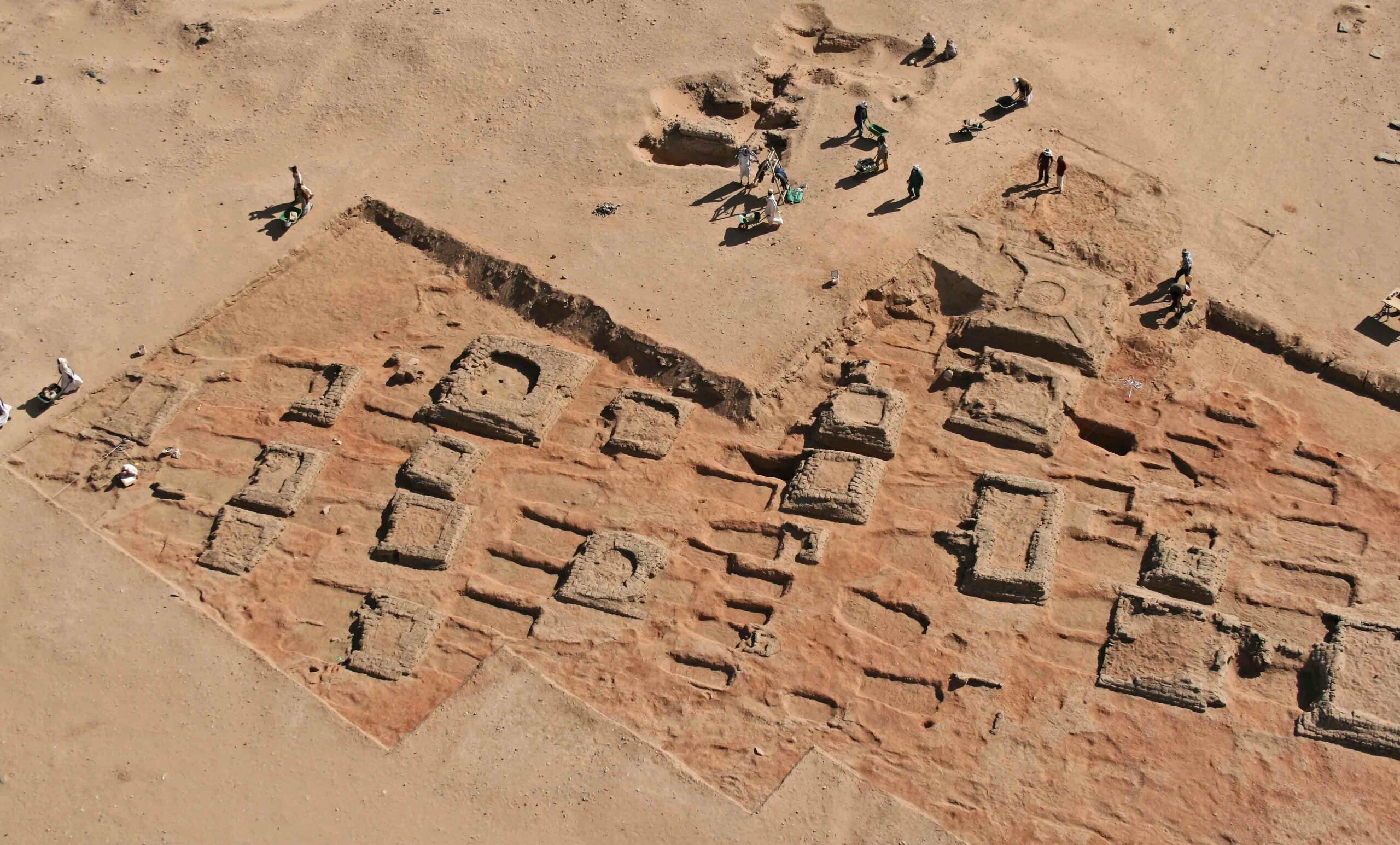 (Courtesy Vincent Francigny/SEDAU)
(Courtesy Vincent Francigny/SEDAU) -
Letter from China July/August 2013
Tomb Raider Chronicles
Looting reaches across the centuries—and modern China’s economic strata
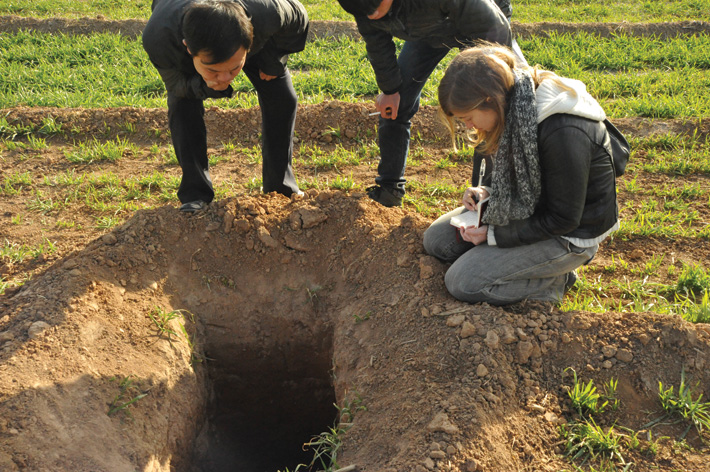 (Courtesy Lauren Hilgers, Photo: Anonymous)
(Courtesy Lauren Hilgers, Photo: Anonymous) -
Artifacts July/August 2013
Ancient Egyptian Sundial
A 13th-century limestone sundial is one of the earliest timekeeping devices discovered in Egypt
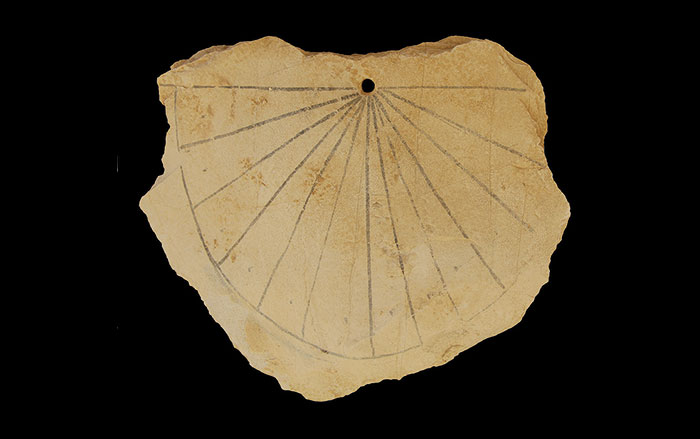 (© The Trustees of the British Museum/Art Resource, NY)
(© The Trustees of the British Museum/Art Resource, NY)


